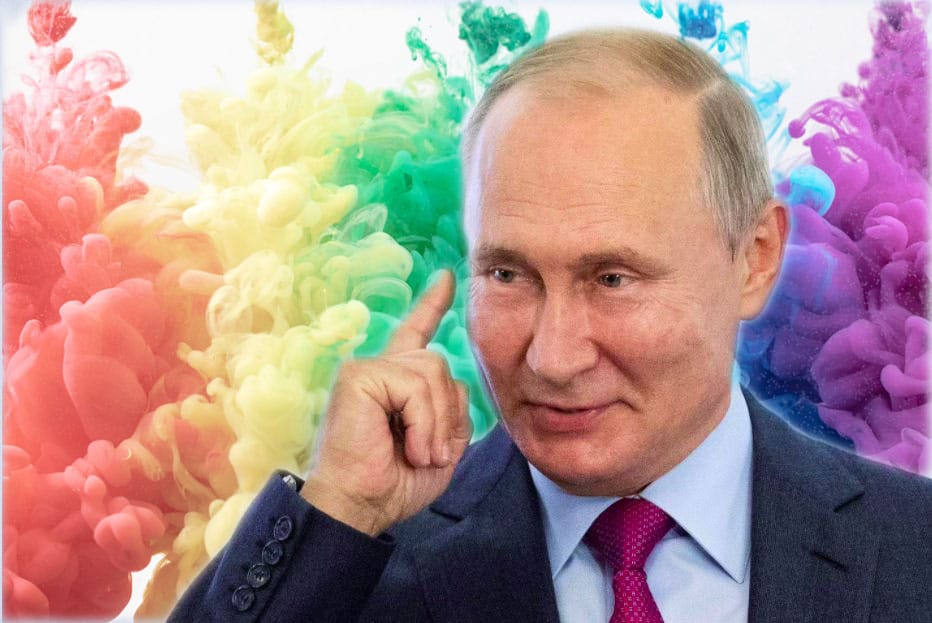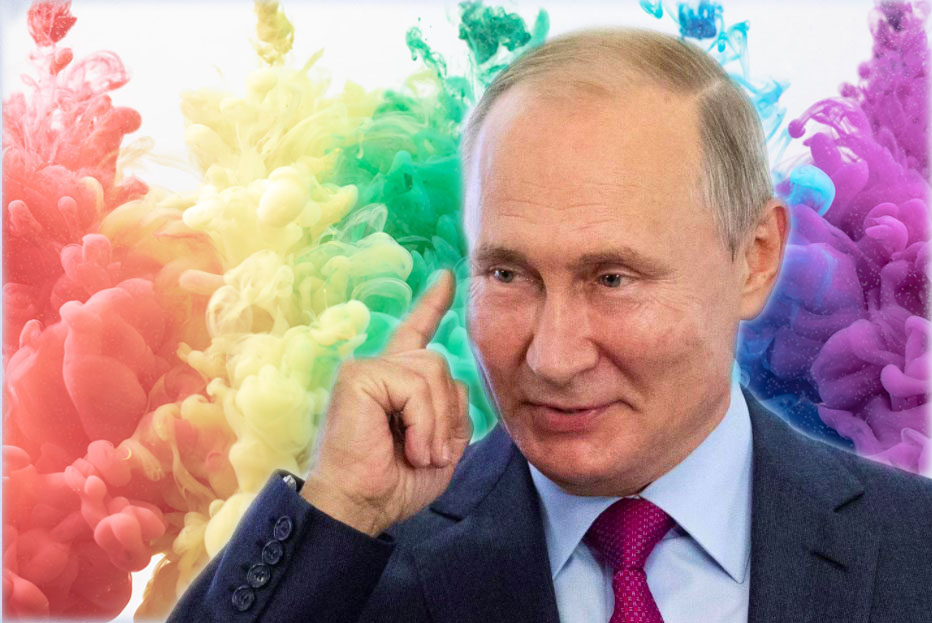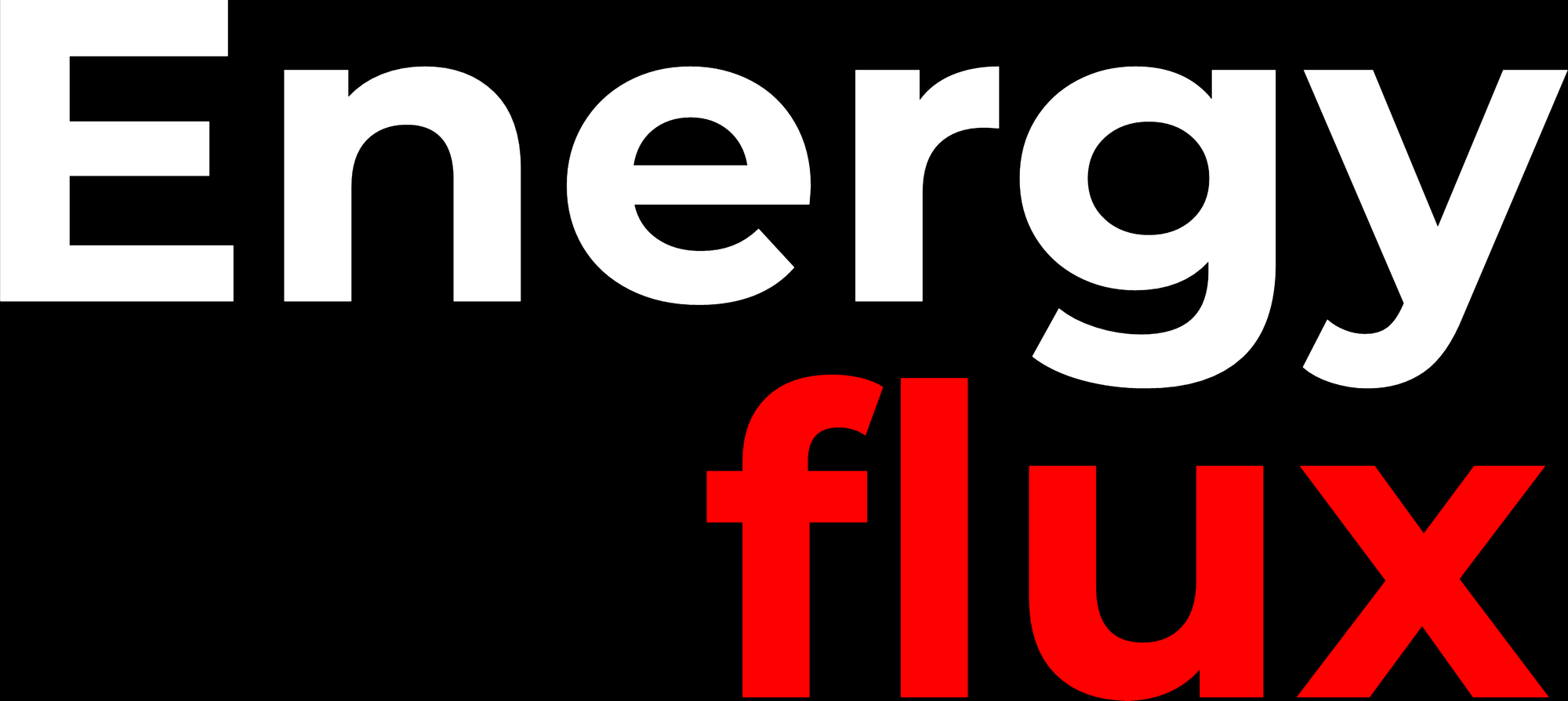Has Putin lost his roubles?
Demand for EU gas payments in Russian currency is the work of a demented genius

“When researchers provide the right answer to the wrong question.” – Definition of a Type 3 error
We are about to find out how much Europe really needs Russian gas. Or more precisely, the lengths to which EU gas buyers are prepared to go to ensure their warmongering counterparty does not turn off the taps.

Vladimir Putin’s declaration on Wednesday that Russia will only accept roubles as payment for gas bought by “unfriendly” countries at first sounds like the utterance of a madman; an edict from a paranoid president who can’t see his big expansionist gamble won’t pay off. How can European companies acquire roubles when the Russian central bank itself is subject to sanctions? Ridiculous!
And it is ridiculous. Only, the whole EU gas situation is ridiculous – and Putin’s latest gambit is a symptom of that. The EU gifted so much leverage to this narcissistic lunatic over the last two decades that it must now choose between either funding his murderous invasion of its own back yard in a currency of his choosing, or triggering a severe energy crisis that could bring down the entire post-war European project.
Putin, like a child, is now testing the limits of EU tolerance. His calculation is that Russia’s relationship with Europe is asymmetrical. While there is clearly a co-dependency, it is lopsided — and some European leaders seem keen to remind him of this.
German chancellor Olaf Scholz staunchly opposes sanctioning Russian gas, telling the Bundestag how painful it would be for Germany. The EU Commission’s push to refill European gas stocks to 90% by 1 October (now extended to 1 November) might give Putin extra comfort, as it would seem to indicate Europe will buy more Russian gas in the short term, not less.
Legal distraction
Arbitration lawyers must be salivating. Does stipulating a different payment currency constitute breach of contract? If so, do contracts need to be amended? If not, and EU gas buyers can’t buy roubles due to sanctions, does this constitute force majeure? The list of unanswerable legal questions is endless.
Some answers lead to more tricky political questions. How does demanding roubles compare to the legality of an EU edict for companies to buy less gas from Gazprom than the contractual minimum? This is a red herring. Every gas supply contract will stipulate the penalty for non-purchase of gas. But if this charge becomes payable due to a political order, who pays it? The taxpayer? If so, how will electorates respond to being forced to fund Putin’s war and pay more for non-Russian gas?
The type 3 error stems from trying to answer these questions. The real question is this: Is Europe ready to go without Russian gas? Ultimately, it is hard to see Putin’s bizarre intervention resulting in anything other than Gazprom cutting gas supplies.
Making unreasonable demands is a means of goading European companies into making legally questionable moves, such as non-payment of take-or-pay penalties. This can be used in defence when the pipeline flow valves are fastened shut: ‘They didn’t pay, we had no choice.’
Putin’s motives are transparent and his willingness to cut supplies should not be doubted. Having gambled on the foolish big invasion itself, then all subsequent smaller gambles are worth making too. The Kremlin must be anticipating disruption to euro-denominated EU gas payments at some point, so there is little to lose from trolling European leaders. And we all know how much Putin enjoys waging war inside people’s heads.
Get breaking news analysis straight to your inbox. Choose free or premium membership:
More market madness
Broken EU gas markets are struggling to price in this latest chapter of wartime political theatre. That means one thing: yet more volatility. Futures on the EU gas benchmark TTF duly spiked above €132/MWh (USD ~$44/MMBtu) on yesterday’s news:
To stay on top of the news, that's TTF April Gas up 20%, at 17100 rubles
— Emeric de VIGAN (@Emericdevigan) 3:25 PM ∙ Mar 23, 2022
As is becoming the norm, these price movements are detached from supply-demand fundamentals. Russian gas flows to Western Europe were largely flat day on day at ~217 million cubic metres per day (MCMD), according to Rystad Energy. Rystad senior analyst Vinicius Romano said:
“Gas supply agreements are generally considered sacrosanct: and in an extreme scenario, insisting on Ruble payments may give buyers cause to re-open other aspects of their contracts – such as the duration – and simply speed up their exit from Russian gas altogether.
“At face value this appears to be an attempt to prop up the Ruble by compelling gas buyers to buy the previously free-falling currency in order to pay. What is clear however, is that this has added another element of uncertainty to the already chaotic European gas market by complicating gas purchases that many countries have been reluctant to cut.”
Putin’s poser will again test European resolve. Scholz and his Italian counterpart Mario Draghi are both reticent, but EU leaders are seriously discussing whether to open avenues to buy roubles to pay for Russian gas. An immense amount of work would need to be done at the back end for this to become a reality.
If rouble payments do transpire, European consumers will be both funding Putin’s war and ameliorating the worst impacts of Western sanctions against his regime. The question facing Berlin, Rome and other EU capitals is whether this is better than the alternative. If a cut-off is indeed inevitable, then why suffer the humiliation?
Seb Kennedy | Energy Flux | 24th March 2022
Related reading from Energy Flux:

Member discussion: Has Putin lost his roubles?
Read what members are saying. Subscribe to join the conversation.









